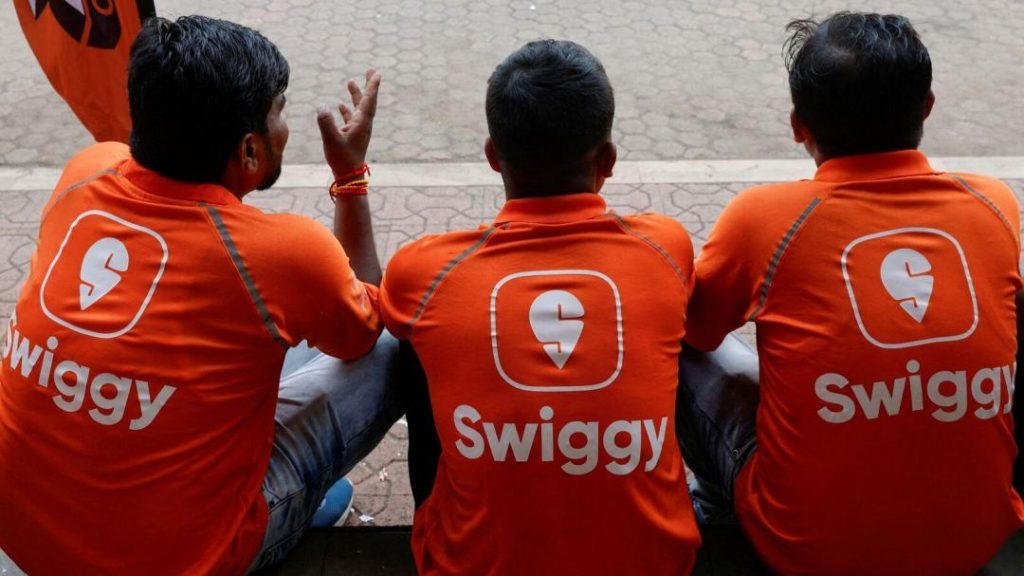
Swiggy Faces ₹158 Crore Tax Demand Over Cancellation Fees
In a recent development, food delivery giant Swiggy has been slapped with a massive ₹158 crore tax demand by the Income Tax Department for the financial year 2021-22. The demand is alleged to be related to cancellation charges paid to merchants, sparking concerns about the taxation of cancellation fees in the evolving digital economy.
According to reports, the Bengaluru-based company has decided to appeal against the tax demand, citing a misunderstanding of tax provisions. However, experts suggest that the case may set a precedent for how cancellation fees are taxed in the future.
For those who are unfamiliar, cancellation fees are charges levied by food delivery platforms like Swiggy, Zomato, and others to merchants when an order is cancelled by the customer. These fees are typically a percentage of the order value and are deducted from the merchant’s account.
The tax demand against Swiggy is reportedly related to the company’s alleged failure to deduct and deposit taxes on these cancellation fees. The Income Tax Department has claimed that Swiggy failed to deduct and deposit Goods and Services Tax (GST) on these fees, resulting in the massive tax demand.
In response to the tax demand, Swiggy has claimed that it has been following the correct tax procedure and has been paying GST on cancellation fees. The company has also argued that the tax demand is based on a misunderstanding of tax provisions and has decided to appeal against it.
The case is significant not just because of the massive tax demand, but also because it highlights the need for clarity on the taxation of cancellation fees in the digital economy. With more and more businesses moving online, the issue of taxation is becoming increasingly complex.
Experts suggest that the case may set a precedent for how cancellation fees are taxed in the future. “This case highlights the need for clarity on the taxation of cancellation fees,” said an expert. “The government needs to provide clear guidelines on how these fees should be taxed, to avoid disputes and confusion among businesses.”
The case also raises questions about the responsibility of food delivery platforms like Swiggy to deduct and deposit taxes on cancellation fees. “Food delivery platforms like Swiggy are responsible for deducting and depositing taxes on cancellation fees,” said another expert. “They cannot simply ignore the tax implications of these fees and expect the merchants to bear the burden.”
The Income Tax Department’s demand on Swiggy is a reminder that businesses in the digital economy must comply with tax laws and regulations. The case serves as a warning to other businesses that may be violating tax laws, and highlights the need for transparency and accountability in the way taxes are paid and managed.
In conclusion, the tax demand on Swiggy is a significant development that highlights the need for clarity on the taxation of cancellation fees in the digital economy. The case may set a precedent for how these fees are taxed in the future, and serves as a reminder to businesses of the importance of complying with tax laws and regulations.
Source: https://ascendants.in/industry_events/swiggy-rs-158-crore-tax-demand/






